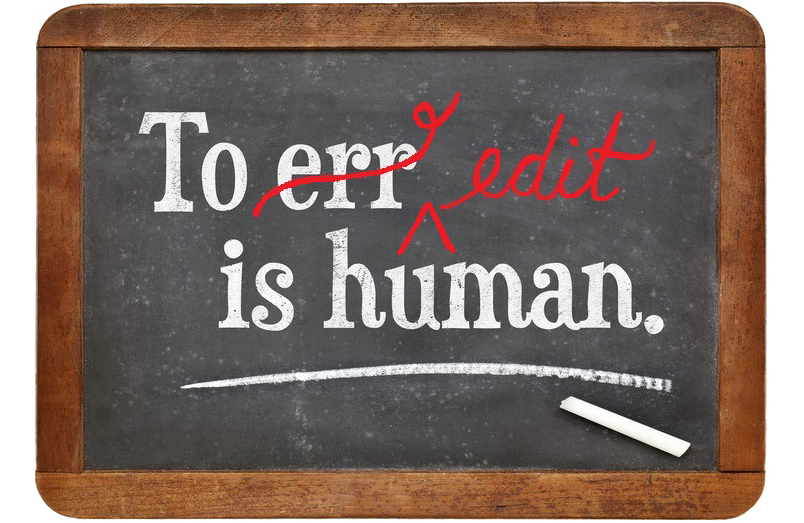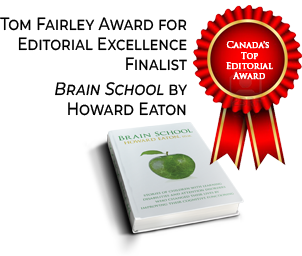
When editors make (or miss) mistakes . . .
Editors make mistakes? What? Are you thinking, “Did I read that right?” Right off, let’s get one thing clear: editorial errors are inevitable. If that surprises you, it shouldn’t—we are only human, after all (I know that’s hard to believe). While many editors are perfectionists, most of us also know perfection is impossible to achieve. Let me tell you from firsthand experience that the quest for perfection in a world where perfection doesn’t exist is an issue that causes many of us a great deal of anguish and even sleepless nights. It’s just one of the hazards of the job.






